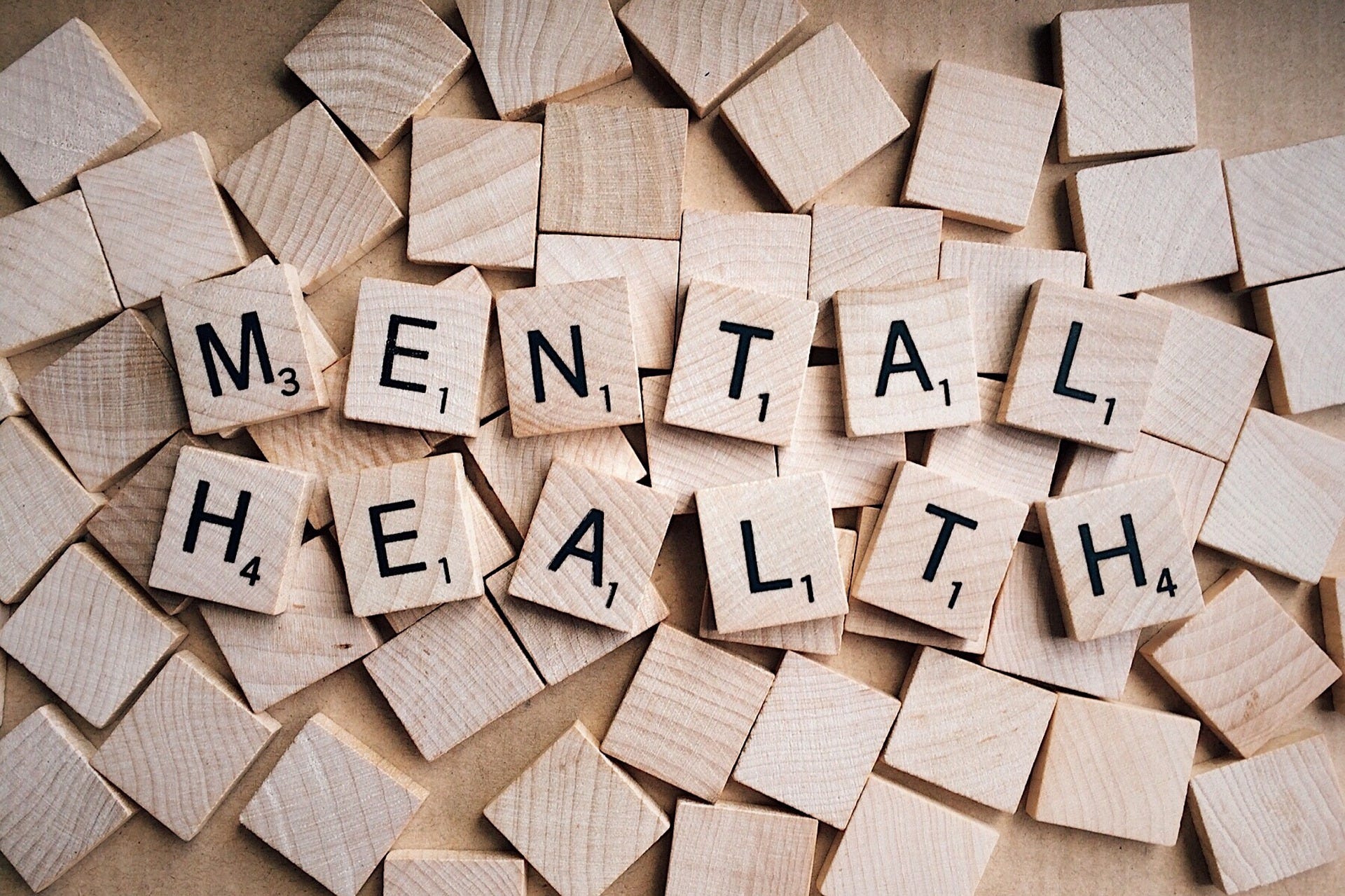
Every year, countless Hamilton students struggle with mental health issues, be it Seasonal Affective Disorder, clinical depression, anxiety, eating disorders, or any number of different issues. Many of these students go it alone. That does not need to be the case.
I recently interviewed Dr. Heather Cosgrove, Assistant Director and Coordinator of the Peer Counseling Program at Hamilton College and Dr. Aaron Krasner, Board Certified Adult and Adolescent Psychologist based out of Wilton, Connecticut to shed some light on the resources and options that students have when dealing with mental health issues.
What are some ways you can start a conversation with someone who may be struggling with depression/ anxiety/an eating disorder/ self harm?
Dr. Cosgrove
: These conversations can feel very hard, especially if you aren’t used to talking about these things. For any sensitive topic, it’s important to start with expressing concern and care for the person who is struggling. Try to highlight specific behaviors that you’re worried about within the context of caring about your friend and wanting them to feel better. An example of this might be: “I’ve noticed that you haven’t been going to class or doing your homework, and that isn’t like you. I’m worried about you and want to check-in and see how you’re doing. Is it okay if we talk about this?” During the conversation you can highlight referrals on campus, such as offering to walk them over to the Peer Counseling office or help them schedule an appointment at the Counseling Center. Before the conversation, it may help to talk it through with a Peer Counselor or close friends to make sure you’re saying what you would like while being empathic and kind.
If your friend is struggling with a mental health issue, what is the best way to approach trying to get them help?
Dr. Krasner
: There is a real limit to what friends can do for friends and these limits upset us: we want to help those we care for and love. The best way to help is encourage help seeking behavior and practically find resources that a friend can use. Sometimes depressed friends feel disempowered or un inclined to seek help when they most need it. Some practical encouragement and accompaniment may be just what your friend needs. Unless you are trained mental health clinician, I discourage armchair therapizing — it puts you and your friend in trouble.
If you think someone might be close to committing suicide, what is the best course of action?
Dr. Cosgrove
: If you believe that someone is in immediate danger of ending their life, the most appropriate action to take is to contact Campus Safety and have them check on the wellness of the student. If you are with a friend and you are worried about their safety, calling our 24/7/365 crisis line and speaking with a mental health professional is important in getting help immediately. They can speak with your friend and assess their level of risk, and then link them with resources and provide support in the moment. In any case, if you are worried about someone, please know that you don’t have to go it alone. The best thing you can do is link someone in distress with help right away, and let them know that you support and care for them.
Are the services that the counseling center offers free? Are they confidential?
Dr. Cosgrove
: Yes, all services offered at the Counseling Center are free and unlimited to students. Confidentiality is a top priority and the foundation of our work. A student’s privacy of information shared in counseling is governed by federal and state laws, and therefore will not be shared or released without the consent of the student.
Unless the student specifically requests that we speak with their family, we cannot confirm that the student is seeking services at the center even if their parents call and ask us directly. If a student is worried about receiving medication from our on-campus Psychiatrist because their parent’s insurance will be billed, we discuss this with them and explore other options to obtaining care such as emergency funding, car vouchers, etc. We also work very closely with the Dean of Students Office to maintain student privacy while getting them the help they need.
Can campus psychiatrists prescribe medication?
Dr. Cosgrove
: Yes! The Counseling Center has a Psychiatrist, Dr. Kallinicos, who sees students once a week in our office.
If a friend is struggling with a mental health disorder but does not want to seek help, is it at all ethical to seek out help for them without their consent?
Dr. Krasner
: As friends and family, we are always free to seek out help for ourselves. As the old adage goes however, if someone wants to change, they (and really they alone) are uniquely suited to seek that help. I am referring to the light bulb joke — how many psychiatrists does it take to change a light bulb? None. The light bulb has to want to change itself.
Numbers to call if in need
:
315–859–4340:
and select “2” at the prompt (24/7/365 help line, active on breaks and even offered to students studying abroad).
911:
(If you suspect someone may be close to suicide or serious self harm, call the police. It’s better to be safe than sorry).
1–800–273–8255:
(National Suicide Prevention Hotline, available 24/7, free, confidential help).

















